
by Gideon Marcus
It's not quite time for a funeral, yet!
Nearly a decade ago, the Chicken Littles of our genre scribbled at length in our magazines and buttonholed each other at conventions to voice their fears that science fiction was dying. Well, it is true that we are down to just six American sff digests per month, off of the 40 magazine peak of 1953. On the other hand, I'd argue that we're not that much worse off for having lost the lesser monthlies. Moreover, sff novels still seem to be doing a brisk trade.
In the three years since I started this column, I've seen a cadre of new writers burst onto the scene; clearly, no one told them that their field is dead! And while sff continues to be something of a man's world, this fact is changing, slowly but surely. Since just last year, when I wrote 18 mini-biographies of the women authors of science fiction, I've become exposed to a whole new crop of female bylines. Some of them are just new to me, having been in the biz for a long time. Others are genuinely fresh onto the scene.
Without further ado, the supplemental list for early 1962:
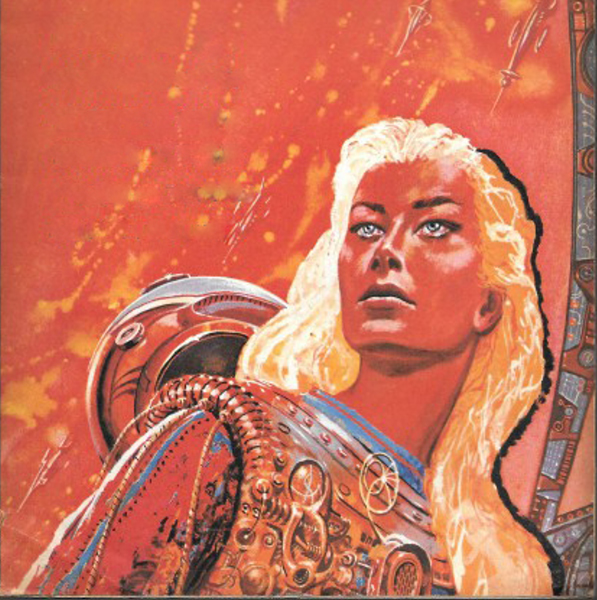
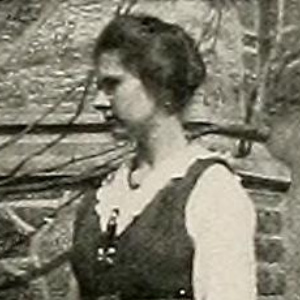
Currently an English teacher at Ohio State University, where at least two authors that I know of might have enjoyed her acquaintance: former OSU students John Jakes and Harlan Ellison. Mrs. Buck is a comparative rarity in our genre. Not many manage to balance unabashed love for sff and a "respectable" career in academia. Said career includes an active college writing stint, a cluster of stories written in the early 50s and a couple of recent pieces, of which I was not particularly fond, but that nevertheless suggest a high degree of literacy.

Like Buck, Clingerman is a veteran with ten years of professional sff experience under her belt. Her consistent career has produced 16 stories, most of them published in the pages of Fantasy and Science Fiction. Sadly for my readers, her last one came out in 1958, just before I started this column. However, she recently released A Cupful of Space, a collection of all of work to date, so you can enjoy her quirky, often whimsical, occasionally macabre stylings all in a sitting. Like Buck, she's a teacher, at the University of Arizona.
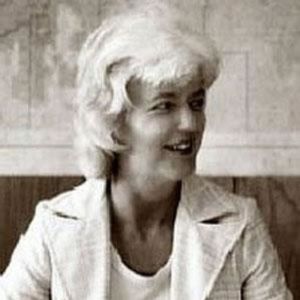
The elusive Ms. Wilhelm has enjoyed a prolific career that started in 1956 and yet has rarely crossed my path. I first encountered her excellent The Mile-Long Spaceship in the April 1957 Astounding. This tale of a telepathic contact across the stars was impressive despite its extreme shortness; it must have really impressed Astounding editor, John Campbell since his magazine tends to be the most staggish of the digests. Her latest work, A Time to Keep was not in the same league, but everyone is entitled to periodic variances. Here's hoping she publishes more works in the magazines I cover – there aren't many that I don't these days…
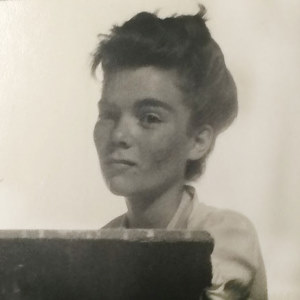
Otis Kidwell, who acquired the surname Burger some time after her birth, sprang onto the sff scene just last year with the compelling The Zookeeper. However, it was hardly the first publication of this noteworthy New Yorker (great-grandaughter of famed abolitionist, Sydney Howard Gay) – her short pieces have appeared in The New Yorker since 1957.

"Joyce," as her family and friends know her, took on her mannish first name to help her break into the science fiction market. It took several years of writing for her work to see print, but her premiere tale Shatter the Wall, which came out just last month, shows real promise.

Ms. Russell (real name, Mary R. Standard) is a true newcomer. Her first (and currently only) story is The Deer Park, a haunting, surreal tale that was a fine addition to the F&SF in which it appeared. Details on her non-writing career are scarce, but I am given to understand that she is computer systems analyst in Connecticut, a fine career for a science fictioneer.
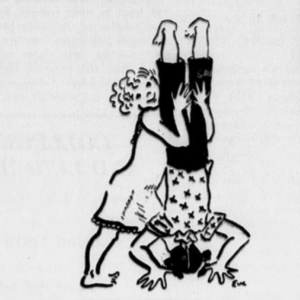
Picture courtesy of the Vassar Chronicle
Ms. Walker (also known as Mrs. Gutterman) is a Vassar graduate and New England resident with but two stories to her name, but boy were they good ones. She's newish, coming on the scene in 1959, so she has plenty of time ahead of her if she wants to continue.
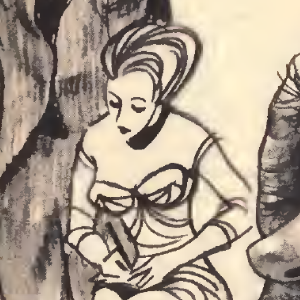
I'm afraid I know even less about Joy Leache, whose career started in 1959, and whose latest story, Satisfaction Guaranteed was a good'n. Does anyone have a clue?

A nurse during World War 2, Ms. Harris is Londoner whose first work, Hamlin, appeared in F&SF last year. Hamlin is a derivative of the Pied Piper Tale, so it's no surprise that Ms. Harris also writes childrens' books. Will she keep toes in both genres?
At this rate, we'll soon reach gender parity in scientifiction, which I think will be to its benefit. After all, that will mean we are finally seeing the best efforts of our entire population, not just one half. I can' wait to see who will be on the 1963 supplement!



